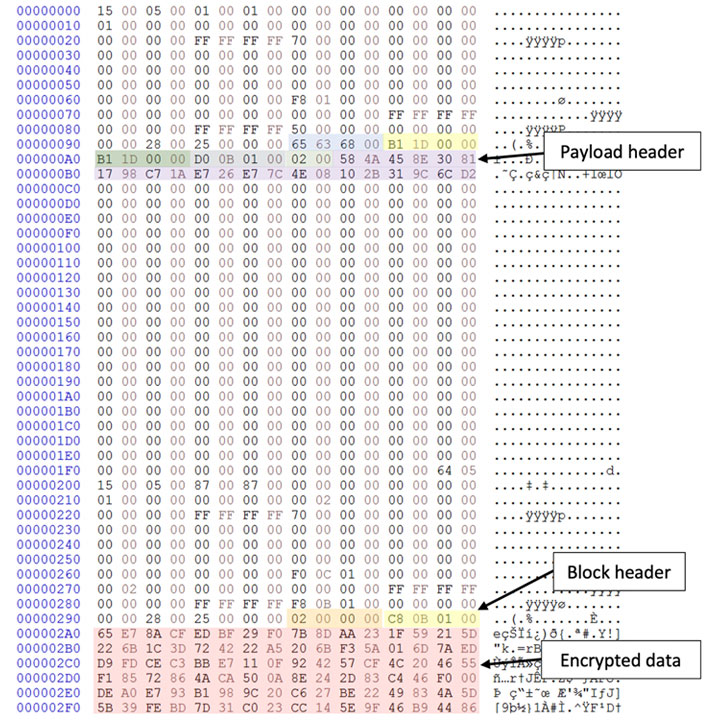Driving while intoxicated, possession of marijuana and fighting in public in this week’s crime log |
This is a wrap-up of crimes reported from Feb. 18 to Feb. 27.
Assault causing bodily injury
On Feb. 27, a female allegedly assaulted her boyfriend during an argument, was arrested and was taken to Arlington Police Department’s jail, UTA Police Capt. Mike McCord said in an email.
Assault causing bodily injury to a family member is a third-degree felony, punishable by imprisonment for no more than ten years or less than two years as well as a possible fine not exceeding $10,000.
Theft
On Feb. 26, a male reported the theft of a jewelry piece valued at approximately $900 left unattended at the Maverick Activities Center, McCord said.
Theft of property between $750 to $2,500 is a class A misdemeanor, which is punishable by a fine not exceeding $4,000, up to a year in jail or both.
Offensive physical contact
On Feb. 25, two students reported being assaulted by each other during an argument. Neither reported injuries, McCord said.
Offensive physical contact is a class A misdemeanor, which is punishable by a fine not exceeding $4,000, up to a year in jail or both.
Theft and computer security breach
On Feb. 25, a male student reported being scammed out of $600 by what he believed to be someone hacking his computer, McCord said.
Theft of property valued between $100 and $750 is a class B misdemeanor, which is punishable by a fine not exceeding $2,000, up to 180 days in jail or both.
Computer security breach is also a class B misdemeanor and punishable by a fine not exceeding $2,000, up to 180 days in jail or both.
Offensive physical contact and fighting in public
On Feb. 22, officers were dispatched to a fight between several high school students at College Park Center,…



